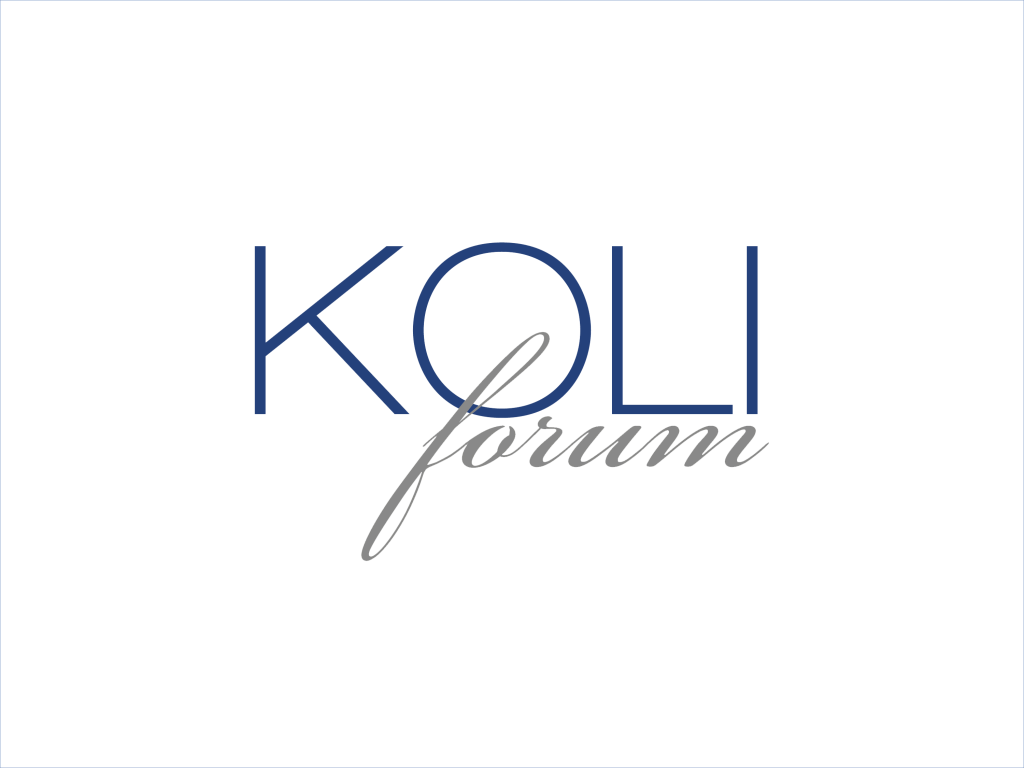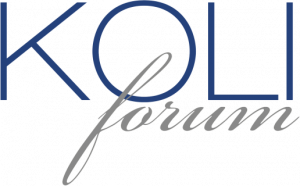Koli Forum participated in the World Resources Forum event in Davos, Switzerland during October 12-15, 2015. This year’s WRF conference, held in the Swiss mountain resort Davos, was hosted by the Swiss government (Federal Office for the Environment) and supported by a wide range of governmental, business and non-governmental organizations. Over 600 participants from 108 countries were discussing various aspects of Circular economy and resource efficiency concepts and how they hold exceptional gains for the economy, jobs, social equity and the environment.

(Photo: www.wrforum.org)
The Davos meeting consisted of several workshops, such as the “Circular Bioeconomy: Circular Economy meets Bioeconomy”- workshop organized by the Finnish Innovation Fund SITRA. The workshop was opened by Sitra’s Mari Pantsar, followed by Ellen MacArthur Foundation’s Joss Bleriot’s key-notes. SITRA’s Kari Herlevi talked about the Circular bioeconomy in Finland, Wupperthal Insitute’s Michael Lettenmeier about Sustainable lifestyles 2050 and Koli Forum’s Liisa Käär highlighted in her message the newly released Koli Theses. SITRA’s Jukka Noponen and WRF’s Xaver Edelmann were co-chairing the session.
The core messages from the plenaries and workshops were summarized by WRF as follows: “As business is waking up to the fact that resources run out and commodity prices go up, it becomes increasingly important to decouple economic growth and human wellbeing from resource extraction. Societies need to make the turn to adequate technological, fiscal, and legislative frameworks. Financial actors need to be exposed to new business models and foregone opportunities. The true cost and value of natural capital should be widely understood. Lifecycle information needs to be included in product design, marketing and pricing decisions. Awareness building on all levels is important to build trust and empower consumers. Stepping up worldwide investments in recycling facilities is key and economies have to be based on performance rather than on material goods”.

Liisa Käär representing the Koli Theses 2015. (Photo: Ernesto Hartikainen)

Circular bioeconomy panel in WRF. (Photo: Ernesto Hartikainen)
Governmental and non-governmental delegates, including business representatives from World Business Council for Sustainable Development (WBCSD), the Nordic Waste Group, the European Institute for Innovation and Technology (EIT) and big and small and medium sized companies working in developed and developing countries were among the delegates and experts who debated on circular economy and international resources governance. UNEP’s International Resource Panel, UNIDO’s Global Network on Resource Efficient and Cleaner Production, were major events held back to back with the World Resources Forum.
At the end of the conference it was also announced that the first Nordic Resources Forumwill be held in Helsinki, 6-8 June 2017. The World Resources Forum is Koli Forum’s partner organization and we will be organizing this event jointly with the Finnish Innovation Fund SITRA and others.

